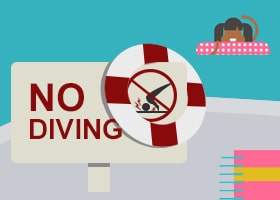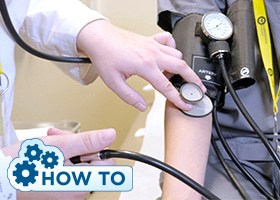 When considering getting a higher education, a four-year bachelor’s degree or a two-year associate’s degree aren’t your only options. A Certificate of Achievement program, available at schools like Carrington College, can be a very efficient way to continue your education after high school, begin a new profession or re-train later in your career. The classes focus on the subjects you need to know to help you get a job in the field you’ve chosen and leave out a lot of the general education courses. For example, you won’t be studying geography on a Medical Billing & Coding certificate program that can take as few as 10 months to complete. According to a recent study, the skills students can learn in certificate programs will be increasingly in demand as the economy grows; and certificates – not college degrees – are the level of qualification required for some of the occupations in highest demand, particularly in the healthcare industry.** Did you know that:
When considering getting a higher education, a four-year bachelor’s degree or a two-year associate’s degree aren’t your only options. A Certificate of Achievement program, available at schools like Carrington College, can be a very efficient way to continue your education after high school, begin a new profession or re-train later in your career. The classes focus on the subjects you need to know to help you get a job in the field you’ve chosen and leave out a lot of the general education courses. For example, you won’t be studying geography on a Medical Billing & Coding certificate program that can take as few as 10 months to complete. According to a recent study, the skills students can learn in certificate programs will be increasingly in demand as the economy grows; and certificates – not college degrees – are the level of qualification required for some of the occupations in highest demand, particularly in the healthcare industry.** Did you know that:
- Employment of Dental Assistants is expected to grow 36% by 2018? +
- Medical Assistant jobs are forecast to grow 34% in the same period? +
- Medical Sonographers employment prospects are expected to increase by about 18% through 2018? +
Because we know that the occupation you choose will also influence your earning potential, there are some interesting numbers to consider:
- 43% of licenses and certificates earn more than an associate degree
- 27% of licenses and certificates earn more than a bachelor’s degree
- 31% of associate’s degrees earn more than a bachelor’s degree++
So if you’re looking to continue your education after high school, or to return to school to retrain, but the idea of a four-year degree just doesn’t fit with your lifestyle or aspirations, you do have choices. Perhaps it’s time to discuss your options with a Carrington College Enrollment Services Representative? **Georgetown University Center on Education and the Workforce – Projections of Jobs and education Requirements through 2018 +Source: Bureau of Labor Statistics, U.S. Department of Labor, Occupational Outlook Handbook (2010-11 Ed.). ++National Education Longitudinal Study 2000. Carrington College prepares students to take appropriate certification and licensure exams related to their individual majors. The College does not guarantee students will successfully pass these exams or be certified or licensed as a result of completing the program. Programs vary by location.



